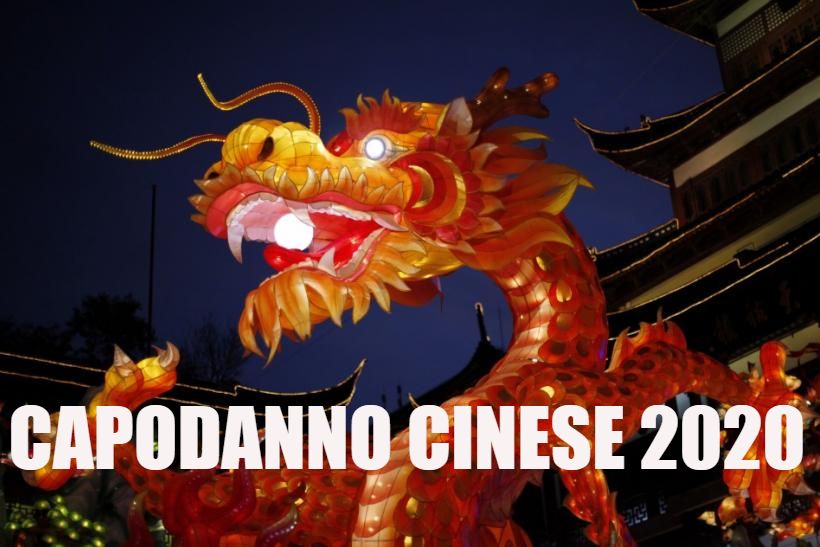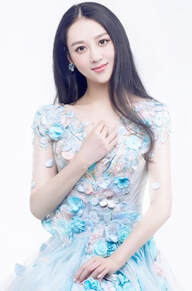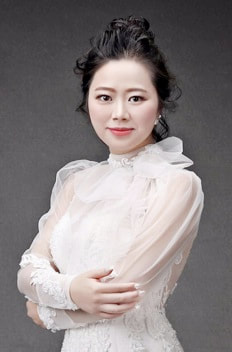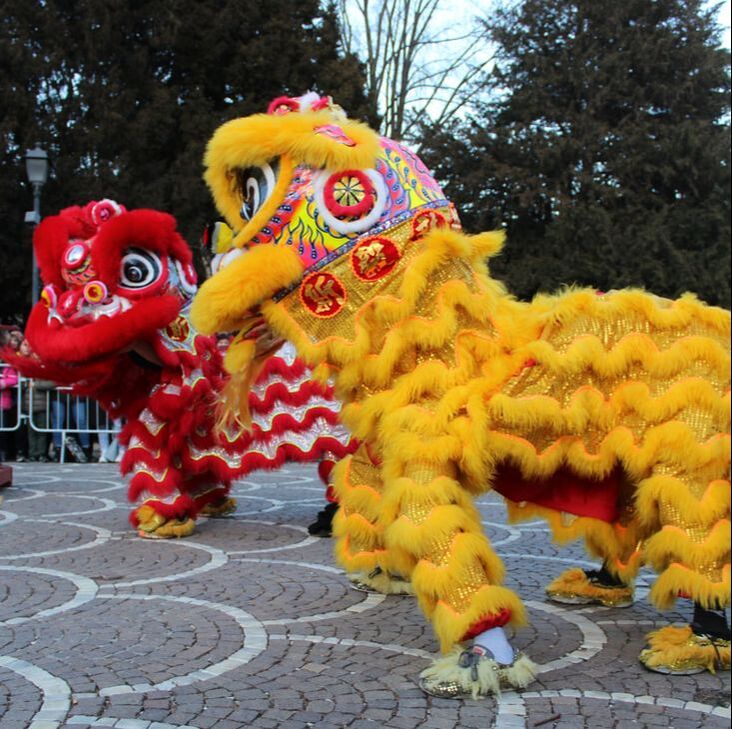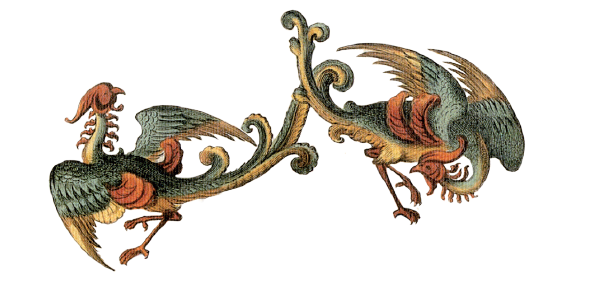Capodanno 2020
|
|
Gli artisti
JIN Di is an associate professor and master supervisor of Piano Department at Wuhan Conservatory of Music, member of Chinese Musicians Association and member of China Literature and Art Criticism Association. She is also a distinguished professor of China Academic Degrees & Graduate Education Development Center under the Ministry of Education. Currently, Jin engages in teaching undergraduate students majoring in piano performance and directing in Arts Performing Department and graduate students from the Piano Department. She does related research as well. JIN Di has participated in concerts or held piano recitals in the Great Hall of the People, China National Ethnic Song and Dance Ensemble Theater, Wuhan Qintai Grand Theater, Hong Kong Convention and Exhibition Center, Taiwan University of the Arts Concert Hall and Kauffman Center for the Performing Arts in the United States, etc. She has been invited for several times to judge domestic and international piano competitions, including the Piano Concerto Competition in Washington, the Austria Mozart International Piano Competition, the Hong Kong International Piano Open Competition, the National “Sunflower” Cup Piano Competition. Jin has been awarded outstanding teachers in events such as the New York International Music Festival and the KAWAI Asia Piano Competition. JIN Di has published dozens of papers in journals and newspapers such as People’s Music, Musical Works, Huangzhong and China Art News. She presided over and completed many provincial or ministerial research projects, including the “Research on Market of Piano Performance and Directing against the Social Demand”, the key discipline construction in Hubei province—“Research on New Piano Teaching Curriculum Standard” and the national project at Wuhan Conservatory of Music—“the Centennial Dream of Rejuvenation”. Yin Yiyu, the vocal music teacher of Wuhan Conservatory of Music, the vocal music master of China Conservatory of Music, and the charity ambassador of “Tao Xingzhi Education Foundation-Zhixing Youth Camp Education". Yin entered the China Conservatory of Music with the first grade in the country and studied with Professor Ma Qiuhua, a famous vocal educator and doctoral supervisor in China. Yin was awarded the gold medal of the Chinese Vocal Music Performance of the National Academy of Fine Arts, the first place of the Chinese Music " Golden Bell Award " Vocal Competition in Guizhou area, the gold medal of the International Chinese Art Festival's folk styleSinging, and many other awards. Yin starred in a fashion fantasy opera,“Goddess, Queen Mother of the West " and in amusical drama, “the ship says”. Yin has repeatedly sung in"sing every day" of CCTV3 , in "a song from the Yellow River" of Shanxi TV, in Shandong TV, in Guizhou TV and other major national television programs. Being active in the National Grand Theatre and other major concert halls throughout the country, Yin has successfully held the "Voice Always-Yin Yiyu Solo Concert " for many times. And Yin ranked 20th in the talent show, “super girl” in Changsha area. Representative works: "Harvest People", "Shining Always", "Sunset Glow in Jiangnan", "Beautiful Hometown", "I Wait for You in the Sunshine Forest", "My Hometown Maojiatan", "Hymn", "Build a Common Home" and so on. Zeng Ruijuan, a young soprano and a vocal music lecturer at the Wuhan Conservatory of Music, where she graduated at master level with Professor Zhang Rong . In 2015, she visited and studied at the Conservatorio Santa Cecilia di Roma in Italy with Carlo Desideri. In 2010, she was awarded the "Silver Award" for the teachers' bel canto group in the Second Peacock Award National Vocal Music Competition in Art Colleges and Universities; In 2010, she won the "Excellent Award" in the final of bel canto group of the 9thNational Vocal Music Competition by the Ministry of Culture and Tourism of the People's Republic of China. In 2016, she won the "Finalist Award" of the 14th "Luigi Zanuccoli" International Vocal Music Competition in Italy; In 2016, she was selected to the Jo Sumi Master Class of Vocal Music in Italy and participated in the presentation concert. She has taken part in important performance in the National Centre for the Performing Arts and has given various personal concerts and teacher-student concerts. Li-Jun Liu, Master Degree in Piano Performance at Wuhan Conservatory of Music since 2010. Ms. Liu is active in international cultural exchange and held solo concert in 2009, 2014 and 2016. Ms. Liu is active in academic article publication and is often invited as the judge for various musical competitions in China. Ms. Liu also mentored students that won prizes from a variety level of piano competitions, and was awarded instructor awards for several times. |
|
prosegui >
|
Per la seconda volta si festeggia a Trento il Capodanno Cinese. Il 2020 è l’anno del Topo che inaugura il ciclo di 12 anni, ciascuno dedicato ad un animale diverso nell’ordine in cui, secondo la tradizione, i 12 animali si sono presentati davanti al Buddha: il topo, il bue, la tigre, il coniglio, il drago, il serpente, il cavallo, la capra, la scimmia, il gallo, il cane e il maiale.
A Trento il Capodanno è organizzato nell’ambito del progetto Orizzonti d’Oriente, bando Reti culturali della Fondazione Caritro.
Il Concerto di Capodanno anticipa i festeggiamenti con un programma che unisce il meglio della cultura musicale cinese ed europea con artisti di eccezione del conservatorio di Wuhan. che aprono il programma con la 2020 Chinese story per proseguire con Chopin e Mahler.
Una realtà, quella della musica cinese, ancora poco diffusa tra il grande pubblico che speriamo possa conquistare la platea trentina.
Il sabato la performance musicale di due cantanti lirici cinesi Rui Ma e
Zhou Yue apre il Capodanno con due canzoni tradizionali e la cerimonia che anima i due leoni introdurrà le spettacolari acrobazie del Drago e dei leoni con gli atleti dell’Italy Lion and Dragon dance.
Il team che si è esibito a Trento nel 2019, tra i pochi che si esibiscono sui pali, lo scorso anno ha conseguito numerosi successi ai campionati internazionali di Macao ed Hong Kong dove gli atleti sono stati invitati a partecipare ai prossimi campionati mondiali.
A Trento il Capodanno è organizzato nell’ambito del progetto Orizzonti d’Oriente, bando Reti culturali della Fondazione Caritro.
Il Concerto di Capodanno anticipa i festeggiamenti con un programma che unisce il meglio della cultura musicale cinese ed europea con artisti di eccezione del conservatorio di Wuhan. che aprono il programma con la 2020 Chinese story per proseguire con Chopin e Mahler.
Una realtà, quella della musica cinese, ancora poco diffusa tra il grande pubblico che speriamo possa conquistare la platea trentina.
Il sabato la performance musicale di due cantanti lirici cinesi Rui Ma e
Zhou Yue apre il Capodanno con due canzoni tradizionali e la cerimonia che anima i due leoni introdurrà le spettacolari acrobazie del Drago e dei leoni con gli atleti dell’Italy Lion and Dragon dance.
Il team che si è esibito a Trento nel 2019, tra i pochi che si esibiscono sui pali, lo scorso anno ha conseguito numerosi successi ai campionati internazionali di Macao ed Hong Kong dove gli atleti sono stati invitati a partecipare ai prossimi campionati mondiali.
LINKS
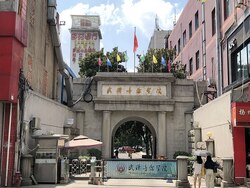
APPROFONDIMENTI
Nel corso della storia della Cina lunga oltre 5000 anni sono numerose le tradizioni, feste e rituali, sviluppatesi in un Paese ampio quasi quanto l’Europa con oltre 400 diverse etnie oggi raggruppate in 56 gruppi ufficiali, le cui festività sono spesso legate ai cicli naturali, tra astronomia e agricoltura.
Il Capodanno, conosciuto anche come Festa di Primavera, è una delle più importanti festività della tradizione cinese e i festeggiamenti durano quindici giorni, sino alla festa delle Lanterne. Nel 2020 l’Anno del topo inizia il 25 gennaio.
La data basata sul calendario lunare può variare di anno in anno, ma è sempre compresa tra il 21 gennaio e il 20 febbraio. Ogni provincia cinese ha tradizioni proprie ma tutte condividono alcuni aspetti comuni, i preparativi con le pulizie casalinghe e i papercut rossi sulle porte di casa, cenone e scambio di doni, seguiti dai fuochi d'artificio per allontanare gli spiriti maligni con il rumore, le lanterne rosse, maschere e danze.
La Danza del Drago e del Leone affonda le radici nella più antica cultura orientale. La leggenda identifica il Leone originariamente come animale salvatore di villaggi infestati da mostri e di grandi disgrazie, poi come sinonimo di abbondanza, benessere, fortuna e prosperità, mentre il Drago, l’animale più sacro, era l’emblema stesso dell’Imperatore, emanazione divina e simbolo di forza e benevolenza. Include nove animali della mitologia cinese e la loro complessa simbologia: la testa di cammello, le corna di cervo, gli occhi di gambero o di coniglio, le orecchie di mucca, il corpo di coccodrillo o di lucertola, il ventre di rana, le scaglie di carpa di cui conserva anche i colori principali (oro e rosso), le zampe di tigre ma con gli artigli all'aquila e spesso le ali, tratte da quelle del pipistrello che in Cina è un animale benefico. La maschera ed il corpo del Drago, spesso realizzati in seta e cartapesta, possono essere di vari colori: dorato, verde, rosso fiammeggiante o altro, ed è paragonato all’onda del mare, fedele e naturale rappresentazione di un Drago celeste, la cui leggenda nasce 5ooo anni fa, insieme alla cultura stessa del popolo cinese e molto popolare sin dalla Dinastia Sung (960-1279 A.C.) . Ancora oggi il Leone e il Drago, sono animali-simbolo della Cina.
VIDEO
